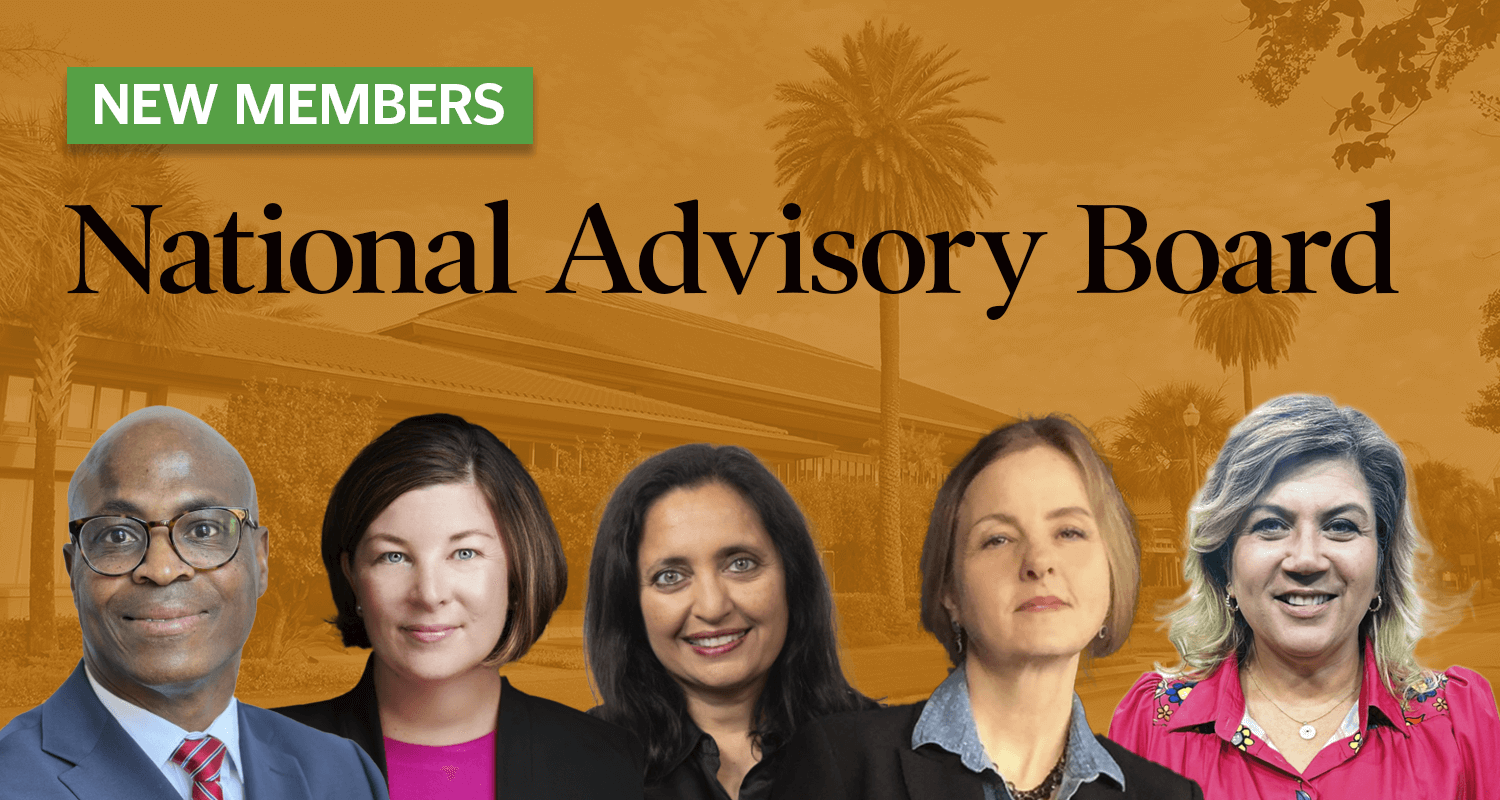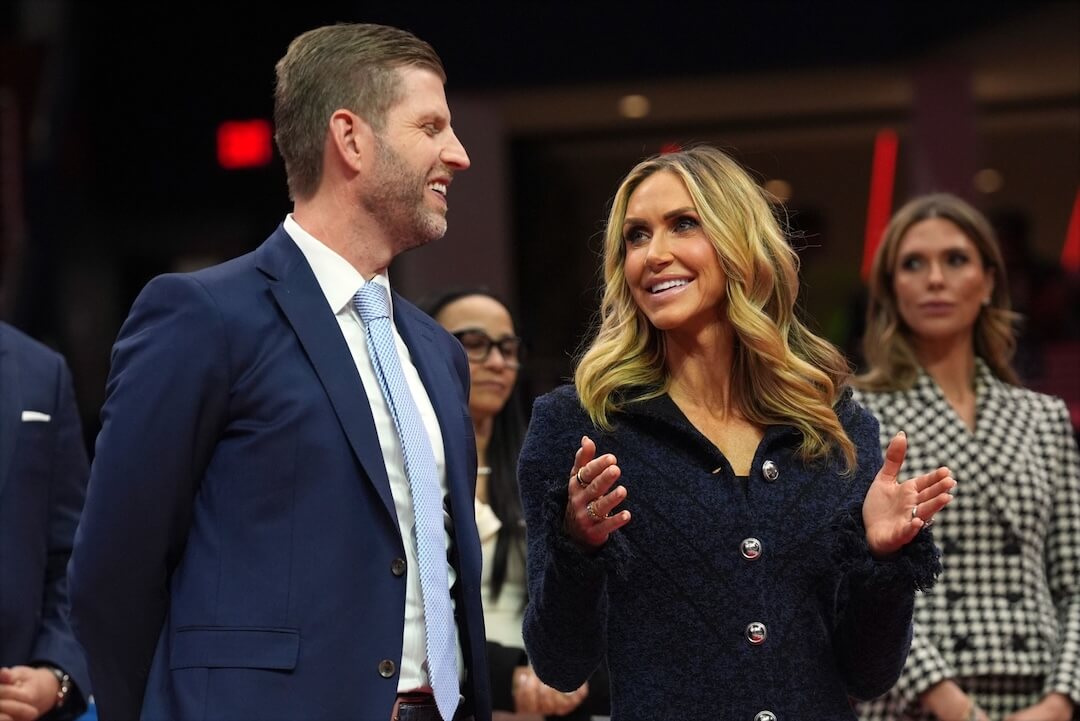I recently heard the term “Fifth Estate” used at a Poynter conference to describe an emerging landscape for news, information, community and citizenship. It has also been used to describe the work of bloggers, but that circle may be too small for such a big term.
In my head, the Fifth Estate includes the Fourth Estate, the idea and value of a professional press corps as a way of informing and engaging the populace, and holding the powerful accountable. This vision of a Fifth Estate sees the Fourth Estate as necessary but insufficient for democratic life. The Fifth Estate could express what Jay Rosen has described as a “pro-am” model for the future of news, a frame that sees that the freedoms and responsibilities of the First Amendment empower not just a professional caste of news gatherers and distributors, but potentially every citizen.
We all know, for example, that police cannot protect a community without the cooperation of people who live within it; and while vigilantism is a vice not a virtue, a well-regulated neighborhood watch program can help keep a community safe.
The insufficient number of ordained priests within the Catholic Church has had, in the opinion of many, an unintended but beneficial side effect: the training of lay people to become deacons, and the promotion of men and women into positions of responsibility within parishes.
The medical field provides another useful example. No longer are doctors treated as gods. “Informed consent” is now an ethical requirement. More and more patients get useful information from medical Web sites, and go into their doctors’ offices with knowledge and questions unavailable to previous generations.
You do not want me to perform brain surgery on your granny, but I assure you that if granny is choking in a restaurant, I’d know how to perform the Heimlich maneuver on her. I’ve done it twice before -– successfully! -– because of training I received at Poynter. And I don’t know a single adult who has not practiced medicine without a license –- encouraging people to get colonoscopies, sharing experiences with pregnant moms, diagnosing a rash, even dispensing that cortisone cream. For one thing, medical services are too expensive to be left to professionals alone.
Run amok, amateurism can become a dangerous substitute for trained, responsible behavior. But in the right context, with appropriate training, amateurs can contribute to the professions and to society as “paraprofessionals,” the title my 90-year-old mom still carries into the schools when she helps teach reading. Amateurism may have special potential in a field like journalism where you do not need a license to practice.
Like the police, we had a name for non-professionals who help journalism in the public interest. We called them “tipsters” or “sources.” But to see how the role of the amateur has grown, one only has to acknowledge that in almost any catastrophe -– from tsunami to school shootings -– the first and most important images (still and video) are being captured by eyewitnesses, rank and file amateurs.
There is another important factor at work here. In the last two years, thousands of journalists have left news organizations, by choice or by coercion. Many “expatriates” find themselves in jobs aligned with journalism. Many others find satisfying or dissatisfying work with businesses, nonprofits, government, education and media.
But what happens to a journalist who leaves a news organization? Is he stripped of his values and experiences? Does she have to turn in her badge and her gun? Do journalists’ skills wither and die? We know that many are hired for their new work not in spite of but because of their journalism credentials. Remember the priest and nuns who left their orders in the 1960s? Many of them played key roles in carrying out the educational and social mission of the church.
Whom the Fifth Estate might comprise is as open-ended as many other parts of our culture these days, but as I imagine it, it could clearly include:
- Professional journalists from legacy news organizations.
- Freelance journalists, including magazine writers and book authors.
- Documentary film and video makers.
- Online journalists working for traditional and new journalism sites.
- Producers and programmers who aggregate, curate and disseminate the news.
- Journalism educators at every level and educators who use the news media, critique the news media or write about media.
- Former journalists who use their j-skills in the public interest or who serve -– whatever their new fields -– as advocates of good journalism and First Amendment rights.
- Bloggers, especially those whose work enhances journalism in the public interest.
- People who use social networking to form, inform and build communities.
- Nonprofit organizations that contribute resources to journalism in the public interest.
- Civic leaders who are trained to evaluate the news critically, and who advocate more and better journalism in their communities.
- Students and teachers working on news literacy projects.
Indulge me as I take a side-trip into the world of golf. Most golfers, it must be said, are not professionals, but their interest, participation, knowledge and resources make them part of an audience that supports and enhances the work of professionals. As a result of professional golfers, I play with better equipment, understand some of the rules and adhere to a code of conduct that involves courtesy to other players. And while I could never come within 20 shots of an active professional, I am capable of making a birdie on a hole a professional might screw up with a bogie.
The point is that the professional golfer wants me and needs me to play. I am an essential part of the economic model that supports the PGA and LPGA. But I am not just eyeballs on the screen. I am an amateur golfer who has come to love the game. To become a citizen golfer, I need to develop some basic skills, learn some basic rules, practice the game and demonstrate a level of care toward the course and my fellow players. In the same way, professional journalists need to develop an analogous connection with non-professionals who might want to play.
In the Fifth Estate, what would constitute a measure of amateur competence? For years we at Poynter have described a pyramid of journalism competence. One cornerstone is news judgment. The other is the solid evidence that comes from reporting. The capstone includes ethics, mission and purpose. Training can help amateurs understand both traditional and innovative definitions of news -– stuff that matters in the public interest. Critical literacy also means the ability to evaluate evidence used in works of journalism, for example, to distinguish the levels and reliability of sources.
Many amateurs, many non-journalists take advantage, free of charge, of the work of NewsU and Poynter Online. Whoever they are, they see themselves as part of something. Maybe it’s time to give that something a brand: The Fifth Estate.






